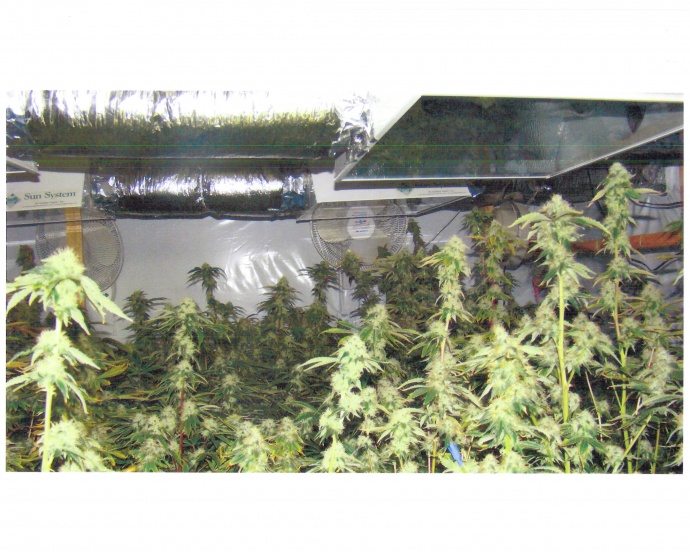Hawaii Marijuana Bill Seeks Legalization
By Wendy Osher
A bill relating to marijuana that would establish a legal market for business to cultivate and sell the substance to individuals 21 and older in the state, is pending introduction.
The Marijuana Policy Project and the American Civil Liberties Union of Hawaii issued a press release this afternoon saying HB 150 will be introduced by House Speaker Joseph Souki (D-8) of Maui.
The bill, as written, seeks to remove penalties for private adult marijuana possession, and establish a system in which the cultivation and sale of marijuana would be regulated and taxed in a manner similar to alcohol.
“Regulating and taxing marijuana similarly to alcohol takes marijuana sales out of the hands of criminals and puts them behind the counter in legitimate businesses that will generate significant new revenue for Hawaii,” said Mason Tvert, director of communications at the Marijuana Policy Project. “Law enforcement resources should be focused on preventing and responding to serious crimes rather than enforcing antiquated marijuana prohibition laws,” said Tvert.
Under HB 150, also known as the Personal Use of Marijuana Act, adults 21 years of age and older would be allowed to privately possess up to one ounce of marijuana and to cultivate a limited number of marijuana plants in a secure and locked location.
The bill also seeks to give the state authorization to license marijuana retail stores, cultivation facilities, product manufacturing facilities, and testing facilities.
Public marijuana use, driving under the influence of marijuana, and use by individuals under the age of 21 would remain illegal, under the proposed bill.
A Q Mark Research poll released earlier this month found 57% of Hawaii voters believe marijuana should be regulated, taxed, and legal for adults. According to an economic analysis performed by University of Hawaii economist David Nixon, the state would generate $20 million per year in new tax revenue and criminal justice savings.
“In Hawaii, as across the nation, arrests for marijuana possession are one of the most common ways that individuals get caught up in the criminal justice system, at great social and economic cost,” said ACLU of Hawaii executive director Vanessa Chong in a release announcing the poll and economic analysis.
Ballot initiatives for the legalization of marijuana were approved in both Colorado and Washington in November 2012. Supporters of the legislation say similar proposals are expected to be introduced this year by lawmakers in Maine, Massachusetts, New Hampshire, Rhode Island, and Vermont.
The Maui Police Department made a vocal effort during the last legislative session to educate the public about marijuana legislation. At the time, the department voiced opposition to bills that would have lessened reporting requirements and possession penalties.









